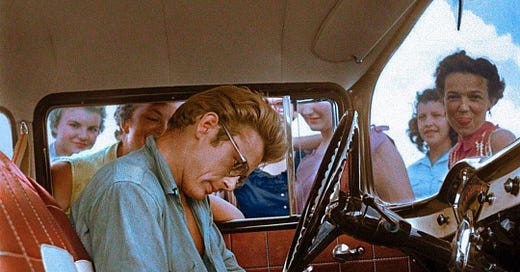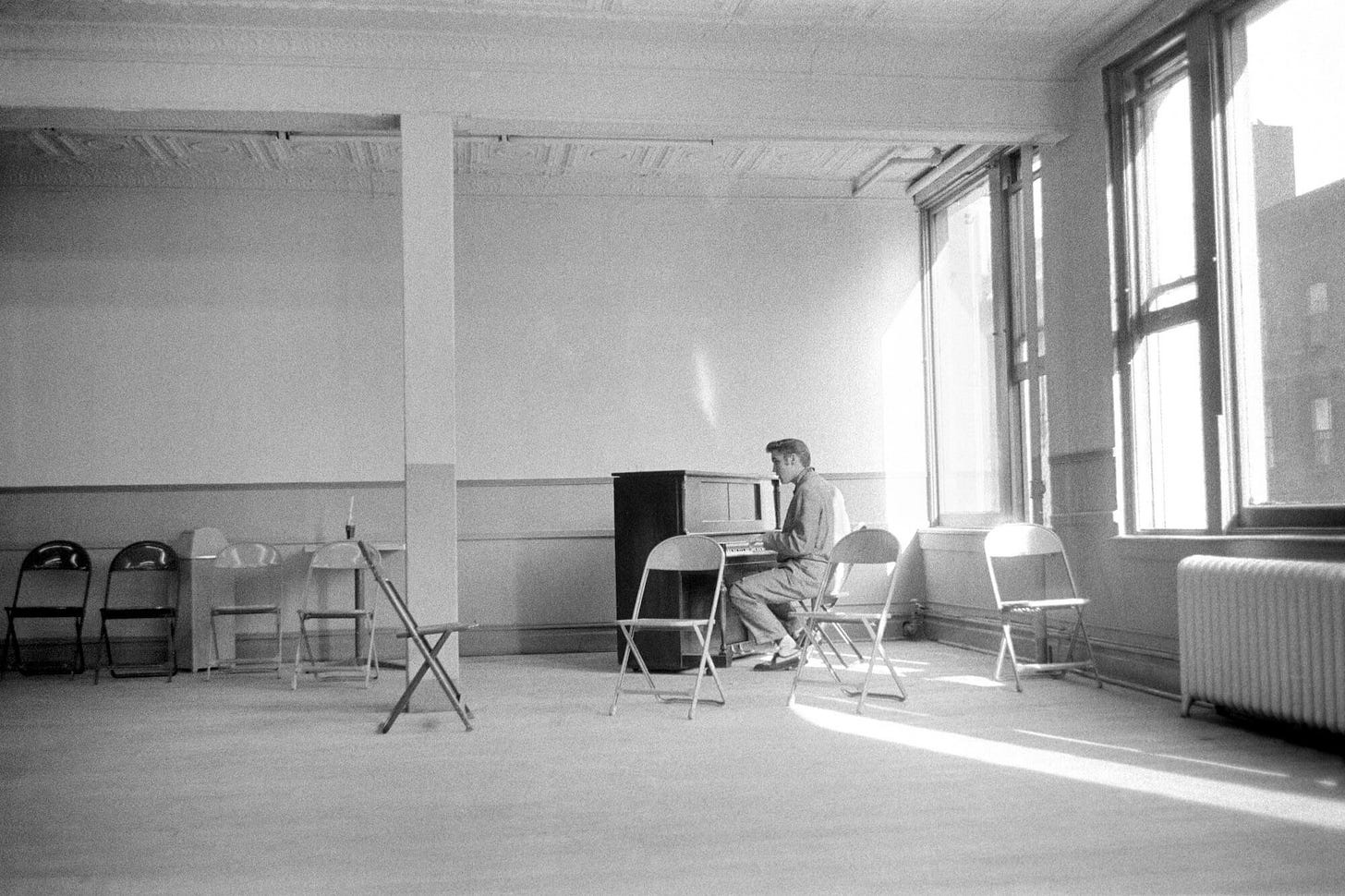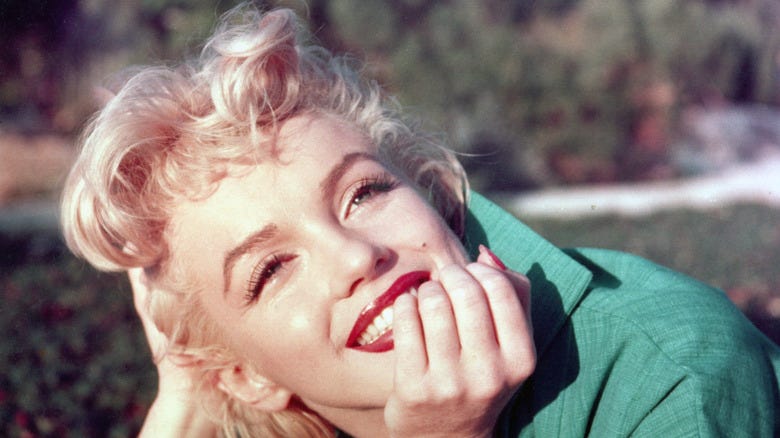Death shakes up the world; and celebrity deaths seem to make it stop spinning.
The mystery and misfortune of talented, famous people has always been intriguing to me in a fascinating, heartbreaking way. There’s something untouchable and larger-than-life about figures like Elvis, James Dean, Marilyn Monroe, Jane Austen, and Beethoven; there’s also something tragic and sweet about people leaving too soon, especially when it’s unexpected.
This idea has been something I’ve been itching to jot down ideas about for awhile, but the catalyst for finally dragging it out of my drafts has definitely been the recent death of now-eternally-31-years-old Liam Payne.
Time to release some waves of thoughts that have been ebbing and flowing in mind over the past week.
The accessibility of death
Elvis once said, “The image is one thing and the human being is another… it’s very hard to live up to an image.” And there’s certainly not a lot of room to fit both of those things in one lifetime. It’s like two souls occupying one heart and trying to split rent; there’s not enough room for the both of them.
Social media has wildly increased the visibility of death across the world. It’s become sadly normal to see news of someone leaving the earth every day.
With Liam Payne’s recent passing, something feels different. Fans all over the world have come together to mourn and celebrate his life. Maybe it’s the fact that Liam had a lot of life to live, or that he struggled with his personal image of happiness for so long; maybe it’s the fact we feel guilty for the negativity on social media and not being able to ‘save’ him; or maybe it’s the fact all the evidence illustrates that he really didn’t leave on purpose.
Even for people who weren’t exactly hardcore fans of One Direction (like myself), there’s something alluring about this incident that makes it hard to look away. Questions continue to circle the air like flies around a ripe fruit.
The price of fame
The world is certainly driven by money, a lot of it. And talent is invaluable; everyone wants a bite. The most common tale I’ve been seeing throughout time is that immense talent always sells, unfortunately, at the expense of the talented. And selling a human image seems to cost the person behind the image a real sense of purpose and direction in life.
When you’re the product and service yourself, everyone else around you inevitably treats you like a commodity. Seeing your intrinsic value becomes a challenge, and arguably, almost impossible. And when you fail to see your own intrinsic value, others will define it for you.
Take Elvis. His story is a sad and often overlooked one. People remember the drugs and the Las Vegas costumes, but they never really bother to look at his earlier years.
After visiting Sun Studio in Tennessee on a family trip several years ago, I became hooked. All I had to do was listen to his first demo recordings, then dive into his black-and-white performances on the Ed Sullivan show. They’re electric.
And once I was hooked, I read more about him in biographies, learning about his influence and controversy, and the harmony of both throughout his life.
For me, it was Alfred Wertheimer’s pictures of his rising years that captured the history and aura around him that so many people fell in love with.
He was considered reckless, but maybe just because he was a cultural bridge between the white community and music that ‘belonged’ to the black community. Resistance always comes with change.
His death often feels like a trapped and lonely one, and it didn’t help his life was in his manager, Tom Colonel Parker’s hands until the very end.
Humanity is glamorous
When I read a biography on Marilyn Monroe in high school, my entire concept of her was challenged. For one thing, she didn’t seem real; she just seemed shiny, blonde, and glamorous.
But the more I learned about her, the more fragile and fascinating she became. I’d watch and listen to interviews of her, and I thought how eye-opening it was to listen to “Norma,” and not just “Marilyn.”
She seemed beautiful - but miserable, which always seems to be a sad combination in Hollywood, or that fame easily cooks up in a person. There’s a universal longing she conveyed, which is just wanting to be loved and understood, and most challengingly, herself.
Because there’s hardly any room for a human and an image in one place, the world often tries to step on the human’s toes to write the story for him or her. The story of the human gets lost, and we don’t really think too much about it until the human is gone.
Like Elvis, Marilyn didn’t get to play the roles she always wanted to. It’s hard to make room for yourself when people are writing a role for you - one that’s focused on selling. And it was clear that Marilyn was sold short.
In the end, her death was ruled as suicide; but speculation persists, since she had plans to become a serious, Shakespearean actress.
Fame is short-lived
Some fame especially rockets because of death.
James Dean’s three films hadn’t even premiered yet before he tragically passed in a car accident - and it was, perhaps, that car accident that catapulted his fame, aside from his new approaches to acting and magnetic presence on screen.
Rebel Without a Cause, East of Eden, and Giant would be his most famous - and his only - films in his life. In reading about him as well, I couldn’t help but feel that once again, an ending written for him earlier than expected is what made him withstand time in the end.
People who remain forever young are probably one of the sweetest tragedies you can think of, because they’re forever mysterious.
There’s something sad about not living longer, assuming the life they’d live would still be full and one worth writing (would it?). And when there’s such a magnanimous image, it feels like they’re still alive in some way.
How do you part with someone that doesn’t feel like they’re gone?
The irony of living
Death can be ironic sometimes, and when I think of ironic, Jane Austen and Beethoven come to mind.
Jane Austen wrote six novels meditating on relationships and marriage, yet died unmarried at 41 years old into obscurity. Her novels at the time were simply written ‘By a Lady,’ since it was inappropriate for women to write at the time, so she was generally unknown to the public. She never truly lived above the poverty line; she didn’t get to see most of her writings, and name attached to them, truly rise to success.
In the same lane, ever since I visited Vienna with my family and went to a museum to learn more about both Mozart and Beethoven - it has been so, so fascinating, and completely unfair, to think of Beethoven’s disability. Was it that he was one of the best musical composers in the world, suppressed with deafness? Or was it that the deafness allowed his music talent to soar, and for it to outlive each passing century?
How ironic that a writer leave the earth with an ending abruptly finished and incomplete, and a composer create songs that he could hear but hardly listen to himself.
Tracing the past
Images live on through things like music, movies, books, photos, clothes, and handwritten letters. The museums are full of them. Artifacts in boxes make time accessible, despite death. And the price of fame can trickle down to an admission fee, to walk through someone’s life, trapped in these boxes. The timelessness of being famous gives fertile ground for glamor to thrive and persist. And the attention that’s drawn to a life long gone, but somehow still living, is driven by lightning-in-a-bottle performances and achievements.
How ironically comforting to know that the only way for images of humans to be distilled down to us on earth, is through the very things that made them human, and continue to make them human, in the first place.








